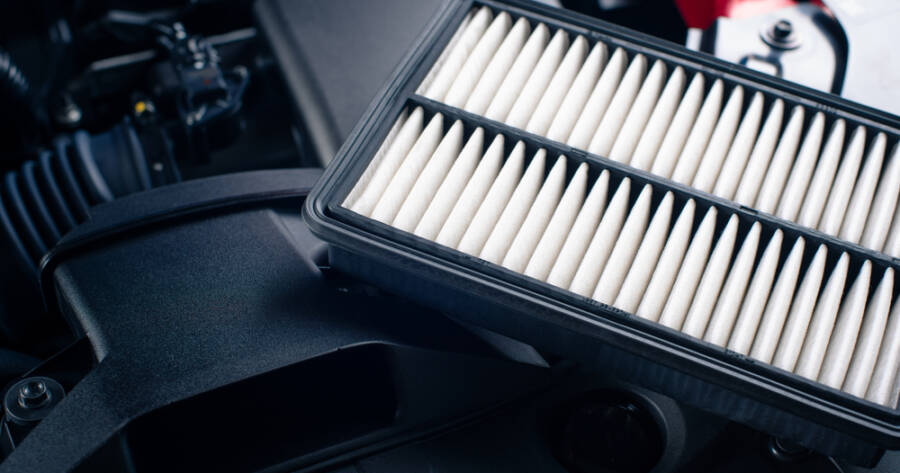Many car owners strive to keep their vehicles in top condition, but with so much advice available, it’s easy to be led astray by myths. From oil changes to tire inflation, misconceptions abound and can lead to unnecessary expenses or even harm your car’s performance. Understanding what’s fact and what’s fiction can save time, money, and keep vehicles running smoothly. Explore common car care myths and discover insights into effective vehicle maintenance.
Myth 1: You Must Change Your Oil Every 3,000 Miles
The belief that oil needs to be changed every 3,000 miles is a long-standing myth. While it might have been true for older car models, modern vehicles with advanced engine technology often require oil changes less frequently.
Checking your vehicle’s manual is vital for manufacturer recommendations, which often suggest intervals of 5,000 to 7,500 miles, or even longer for synthetic oils. However, driving conditions, oil type, and vehicle usage can influence these recommendations, making a one-size-fits-all approach ineffective.
Myth 2: Premium Fuel Is Better for Your Car
Many car owners assume that premium fuel will provide better performance or improved mileage for any vehicle. However, unless your car is specifically designed for high-octane fuel, using premium gas might not offer any tangible benefits.
Regular fuel often suffices for standard engines, allowing drivers to save money without sacrificing efficiency. Some high-performance cars do require premium fuel, and using regular in these models might impact performance.
Myth 3: Tires Should Be Inflated to the Pressure Listed on Their Sidewall
Tire sidewalls list the maximum pressure the tire can handle, not the optimal operating pressure. Proper inflation improves gas mileage, tire lifespan, and safety. Vehicle manufacturers provide the recommended tire pressure in the owner’s manual or on a label located on the driver’s side door jamb. Regularly checking tires, especially with temperature fluctuations, helps maintain appropriate pressure and avoid uneven wear or blowouts.
Myth 4: Warming Up Your Engine Is Necessary in Cold Weather
The practice of idling to warm up an engine began with carbureted engines, where it was necessary to optimize performance in cold weather. Modern vehicles, equipped with advanced fuel injection systems, require less warm-up time.
It’s typically advised to drive gently for the first few minutes instead. Prolonged idling can waste fuel and increase emissions, without offering benefits to the vehicle’s modern engine systems.
Myth 5: Air Filters Need Frequent Replacing
Air filter replacement is often recommended during routine maintenance, but many drivers wonder how necessary it truly is. While clogged air filters can impact performance and fuel efficiency, they often last longer than presumed.
Regularly inspecting filters and gauging them against manufacturer guidelines allows for informed decisions on replacements. Conditions like dusty environments or heavy traffic might necessitate more frequent changes.
Myth 6: Dish Soap Is an Effective Car Wash Substance
Using dish soap as a car wash solution is a myth rooted in its degreasing properties. While it cuts through grime, it can strip away the wax and protective coatings on a vehicle’s paint.
Maintaining the integrity of a car’s finish is important for protection against the elements. Automotive soaps are specially formulated to clean without harming paintwork, making them the more suitable option.
Myth 7: Engine Flushes Are Regularly Required
Engine flushes are sometimes marketed as essential maintenance, but their necessity is debatable. If an engine is well-maintained with regular oil changes, it is unlikely to require flushing.
Poor engine performance is often a sign of underlying issues that simple flushes cannot resolve. For high-mileage cars that have missed proper maintenance, a flush might offer some benefits, but it’s typically advisable to consult with a professional mechanic.
Learn More Today!
Navigating the world of vehicle maintenance can be challenging with so many myths and misconceptions floating around. While some myths stem from outdated practices or misunderstandings, being informed about your vehicle’s specific needs is crucial.
By following the advice in your car’s manual, consulting trustworthy sources, and understanding the underlying facts, you can ensure better care for your vehicle. Making informed decisions not only improves performance and longevity but also enhances safety on the road.

